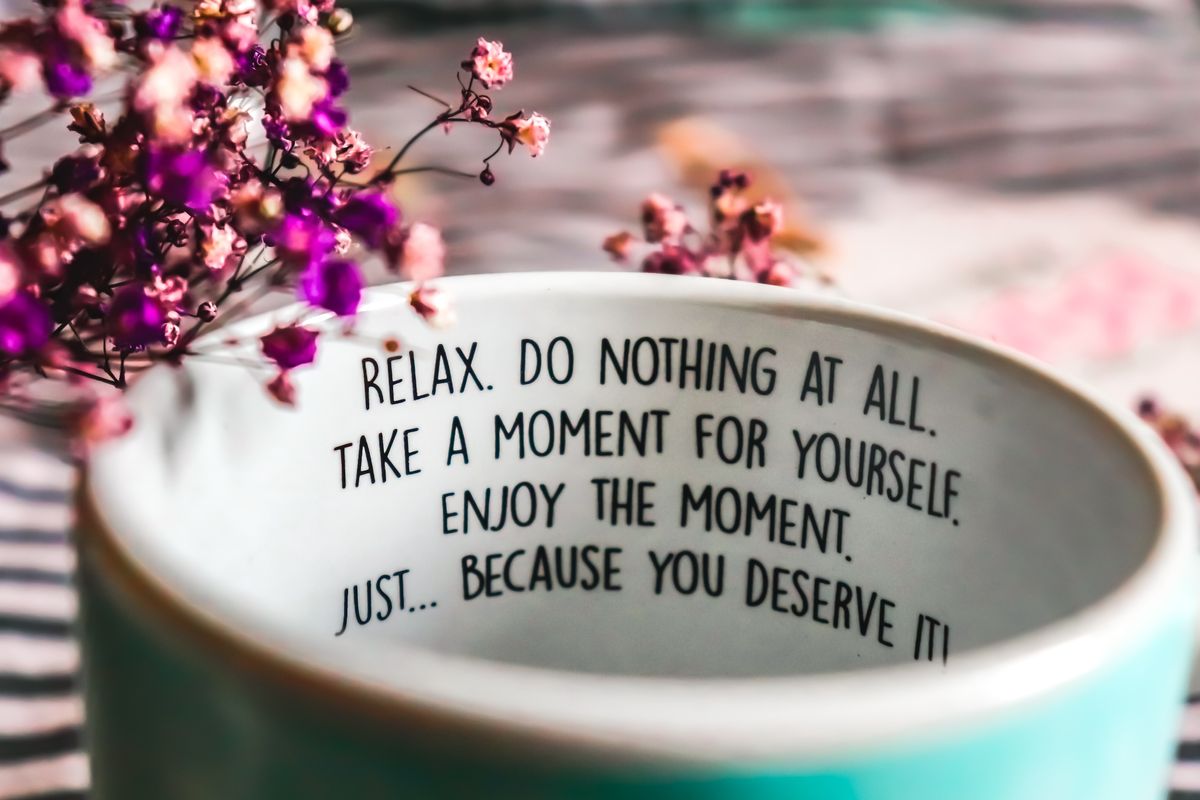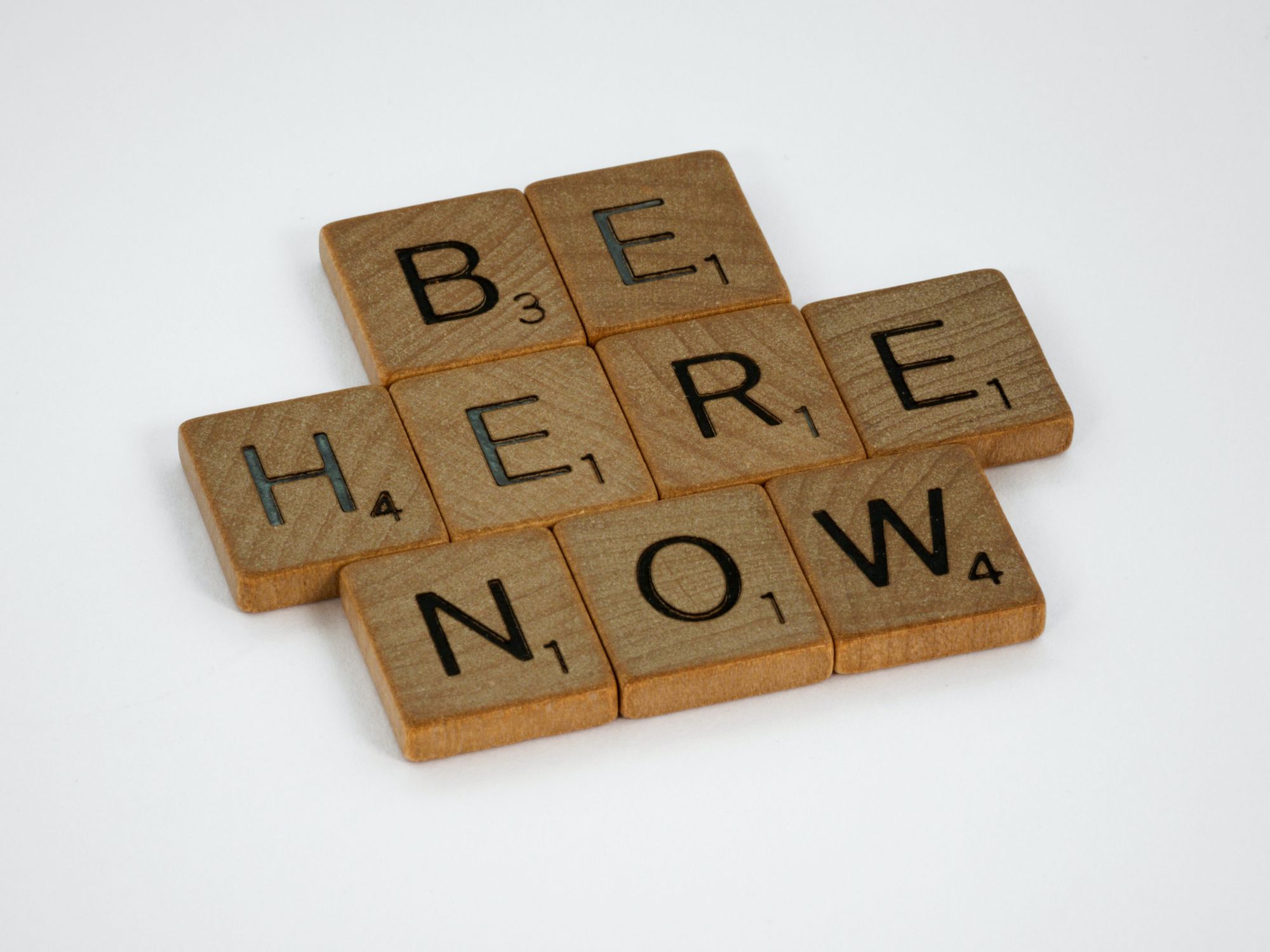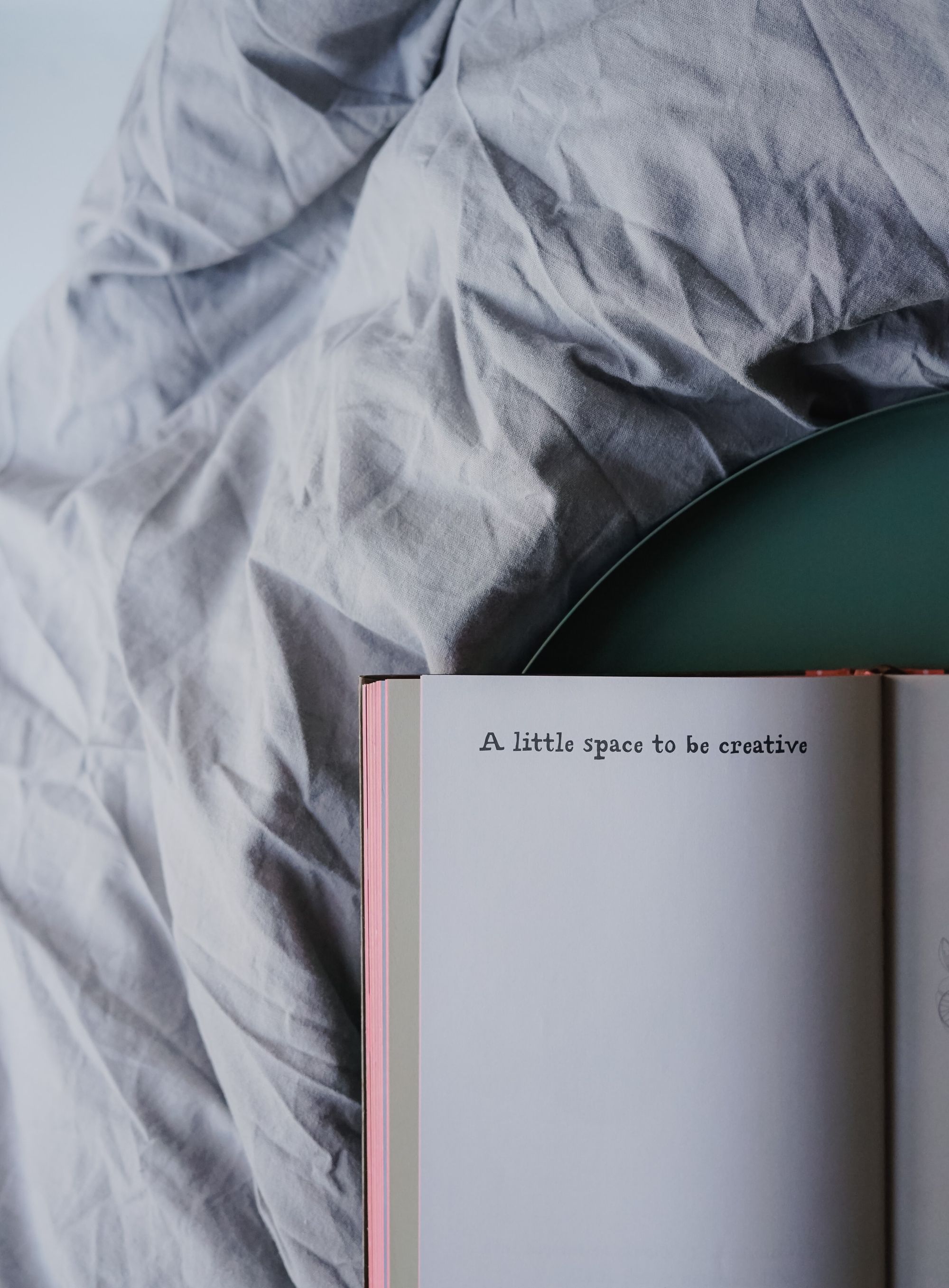Mindfulness: Myths, FAQs, and more
Read on to find out how mindfulness reduces stress, improves clarity and memory, and has all-round benefits for your health and relationships

The world we live in glorifies speed and the ability to multitask. However, science shows that the brain loses its efficiency when it is asked to process too much information at a time. Conversely, when our minds are allowed to slow down and become more aware, we can live more consciously and with greater clarity. We are talking about mindfulness.
Being more mindful helps us to observe people, situations, and feelings with greater objectivity. Instead of constantly reacting to stimuli, we can take proactive action without letting our unconscious fears or biases come in the way.
Common myths and misconceptions about mindfulness
- Mindfulness equals meditation
Though used interchangeably, the two concepts are not synonymous. Meditation is a sustained activity that requires time to be set aside. It involves concentrating on a particular thing (breath, object, body, etc). Mindfulness, on the other hand, is simply being aware of what’s going on in and around you, moment to moment, and observing all that’s happening without evaluating it.
- Mindfulness is about emptying the mind
Mindfulness is not about stopping thoughts or zoning out; it’s becoming more aware of your mind and thoughts. Mindfulness does not mean removing thoughts, it’s about suspending any judgment of them.

- The aim of mindfulness is relaxation
One of the main aims of mindfulness is improving self-awareness; relaxation may just be a positive by-product. Mindfulness helps to look into our experiences as they are, even if uncomfortable, to develop helpful responses.
Try Manah's free emotional wellbeing assessment now!
Why must we practice mindfulness?
- Reduction in stress, depression, emotional reactivity: Mindfulness enables you to calmly and rationally assess a situation from multiple perspectives. It is a good tool for experiencing emotions fully instead of reacting prematurely.
- Reduction in worry, rumination, and anxiety: Spending an excessive amount of time worrying about the future (e.g., “I need to do a lot of work to finish the project next week”) or the past (e.g., “I shouldn’t have spoken rudely to my friend yesterday”) can lead to anxious thoughts. But mindfulness counteracts this by focusing on the present moment, leading to more happiness and wellbeing.
- Improved concentration, mental clarity, and memory: Mindfulness improves our ability to maintain focus, ignore distractions, be creative and solve problems. Also, when we try something new, our past memories and knowledge can interfere with learning. But the core concept of mindfulness – attending to the present moment – counteracts that tendency and boosts our memory.

- Improved relationships: Mindfulness protects against the emotionally stressful effects of relationship conflict, allowing one to better express oneself in social situations and improve relationships with loved ones and colleagues.
- Improved health: Mindfulness improves immune functioning and helps alleviate high blood pressure, irritable bowel syndrome, colitis, insomnia, and other health conditions. It can also be useful in helping people to quit smoking.
Also read: The Dangers of Hustle Culture for Workplace Health
How to practice mindfulness
Try out these mindfulness exercises.
- Mindful breathing: Pay attention to your thoughts and your breath, but don’t attempt to change either of them in any way.
- Body scan: Gently focus on a single part of your body (e.g., the top of your head or a foot), and notice the physical sensations there without any judgment or reaction.

- Mindful eating: Eat something very deliberately. Observe the smell, texture, and taste as you chew and swallow the food.
- Loving-kindness meditation: Invite positive thoughts and wishes for yourself. Gradually, direct these thoughts and wishes to others as well.
Also read: A Great Pre-work Morning Routine to Kickstart Your Day
Are you an HR or business head, an entrepreneur, or a team leader? If the wellbeing of your team is a priority, Manah can be your go-to partner. Do check out our services:
Wellbeing Ambassador Programme
Wellbeing Assessments for Employees
Employee therapy and counselingWellbeing challenges for organisations.



